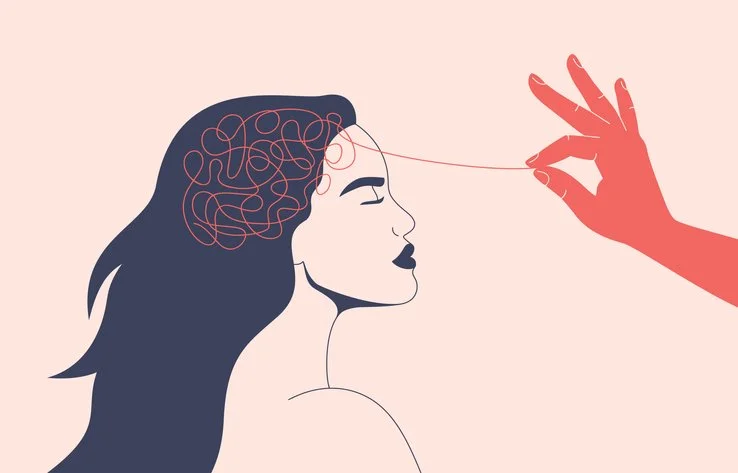Presented by:
Jean Mankowski, PhD
About the Presenter
Dr. Mankowski, is a psychologist and Clinical Assistant Professor of Psychiatry at the University of North Carolina School of Medicine and a faculty member at the Carolina Institute for Developmental Disabilities (CIDD). Since 2008, Dr. Mankowski has been involved in patient care and clinical research for individuals with neurodevelopmental disabilities at the CIDD. Dr. Mankowski is the director of training for the North Carolina Leadership Education in Neurodevelopmental and Related Disorders (LEND) grant sponsored by HRSA’s MCHB. Clinical duties include psychological or interdisciplinary evaluations, therapy, and consultation with individuals with or at risk for developmental disabilities. She is the psychologist for interdisciplinary Hearing and Development Team, specializing in children who are Deaf and hard of hearing and for the Behavior Medicine Clinic, specializing in individuals with severe behavioral or psychiatric difficulties in the context of neurodevelopmental disability. Dr. Mankowski also provides neuropsychological consultation and diagnostic evaluations for The Whitaker Psychiatric Residential Treatment Facility and Central Regional Hospital in Butner, North Carolina and The Wright School in Durham, North Carolina. Her teaching responsibilities include clinical training of psychology graduate students, interns, and fellows as well as the interdisciplinary LEND core-course, a 2- semester course titled Developmental Disabilities Across the Lifespan.
About the Presentation
This presentation will explore the vulnerability for psychiatric difficulties within individuals with intellectual and developmental disabilities and how co-occurrence might affect different aspects of their life and/or increase their risk for other challenges? Barriers to diagnosis and treatment will be considered through a bio-psych-social lens. The most common mental health disorders (e.g., anxiety, disruptive mood, depression, bipolar, psychosis) and behavior symptoms (e.g., irritability, repetitive and restricted behaviors, self-injury, and suicidality) that overlap with I/DD will be considered as well as how they present or are unique in individuals with I/DD. Throughout this discussion, we will touch on various differentiated non-pharmacological treatments for co-occurring mental health and behavior disorders within the context of I/DD.

